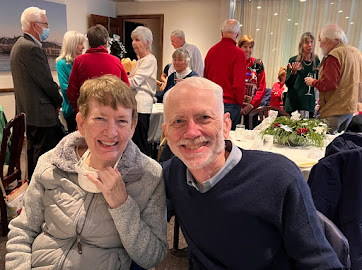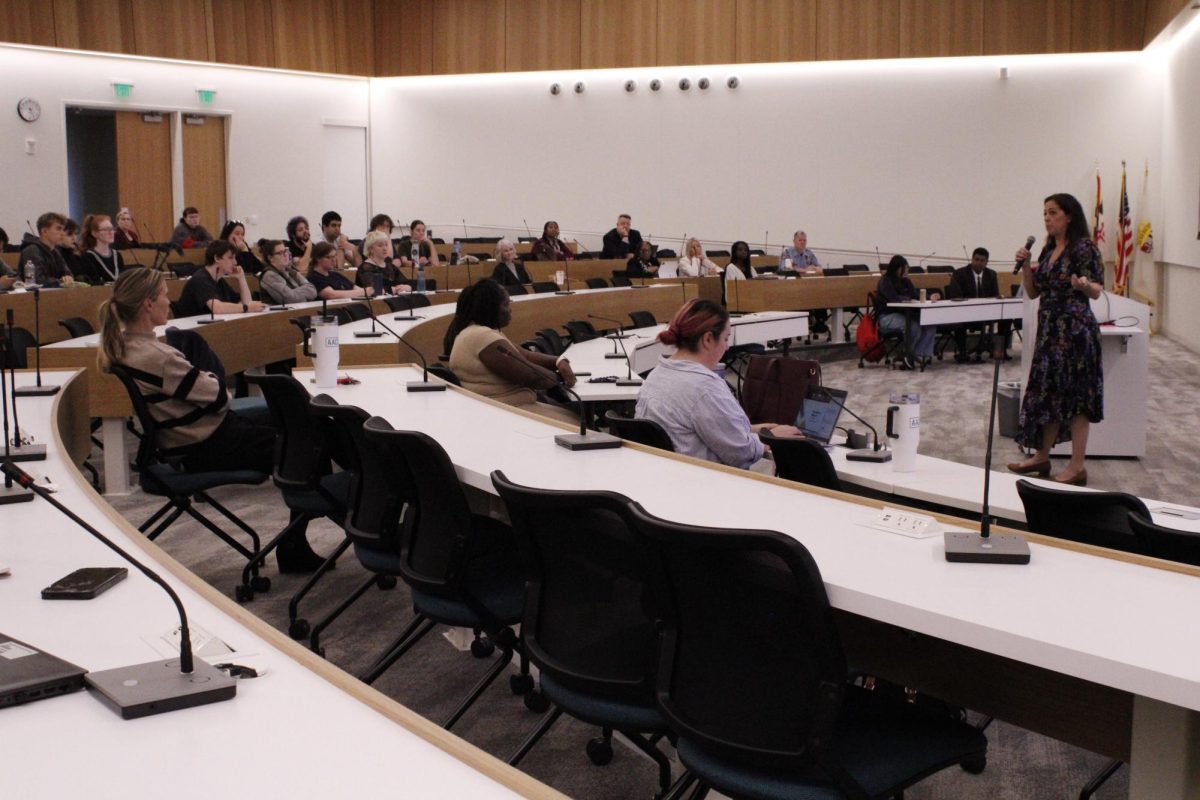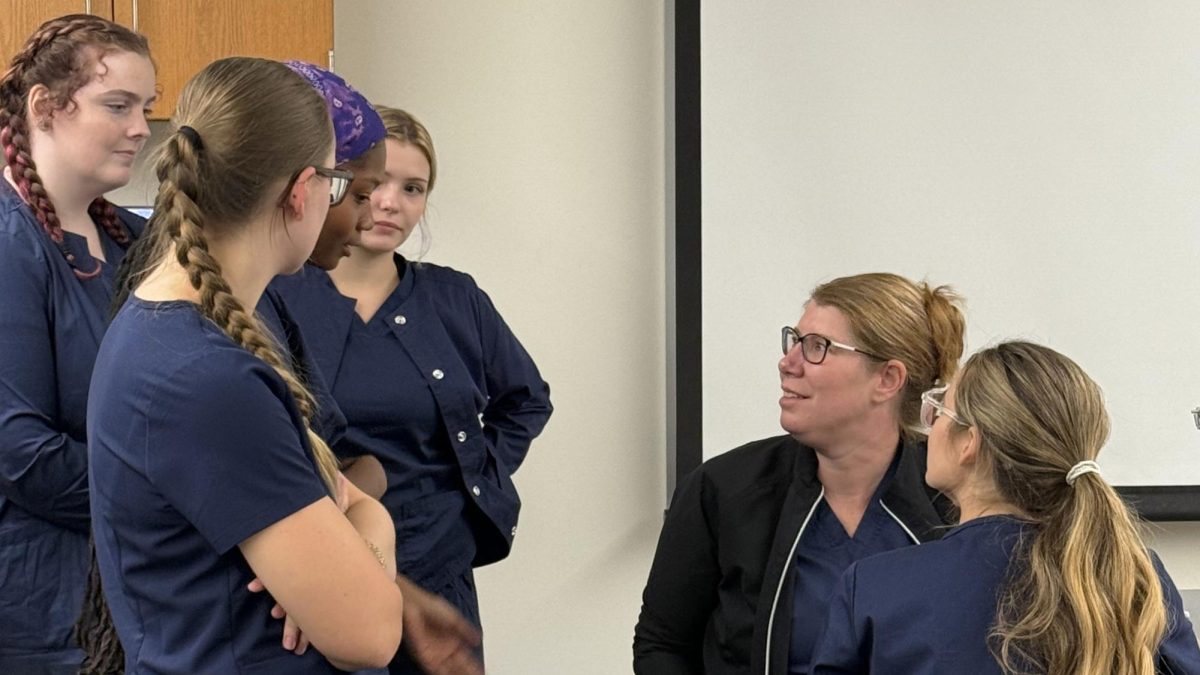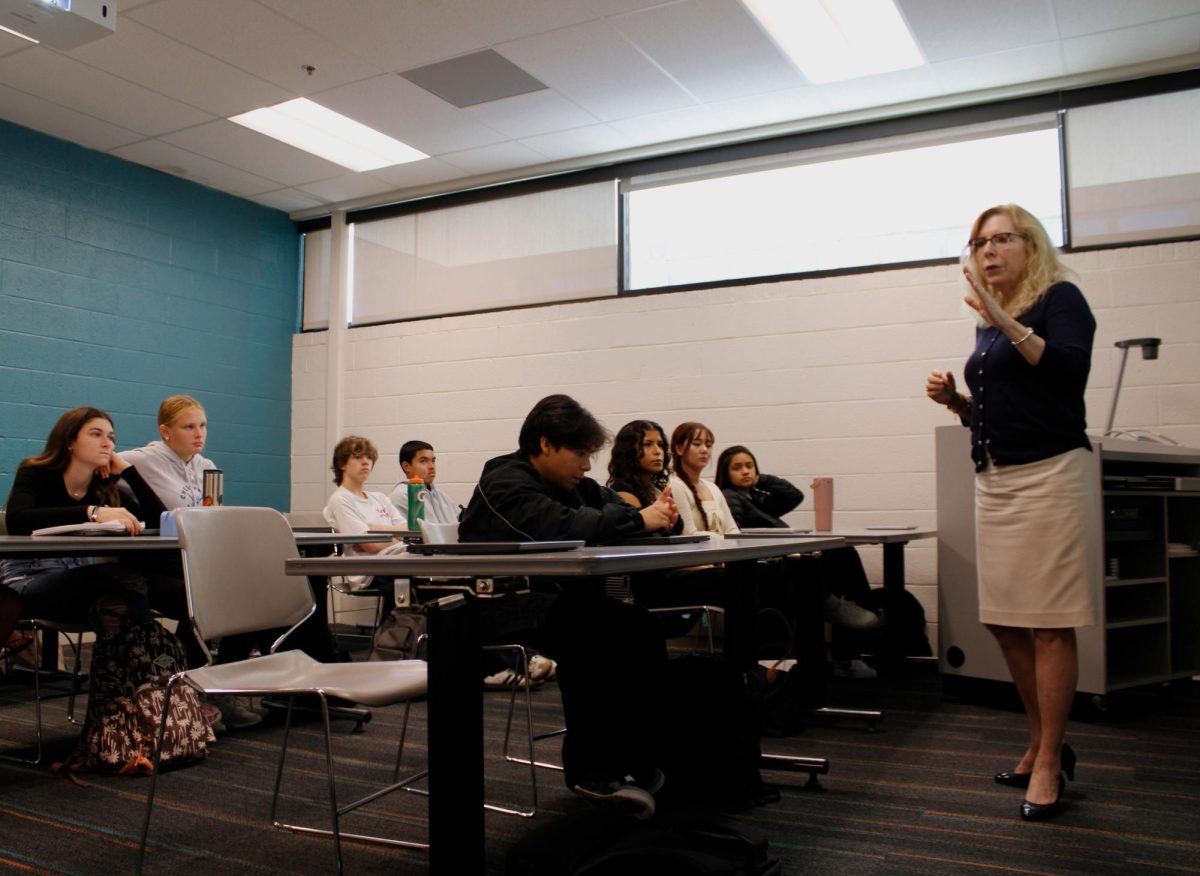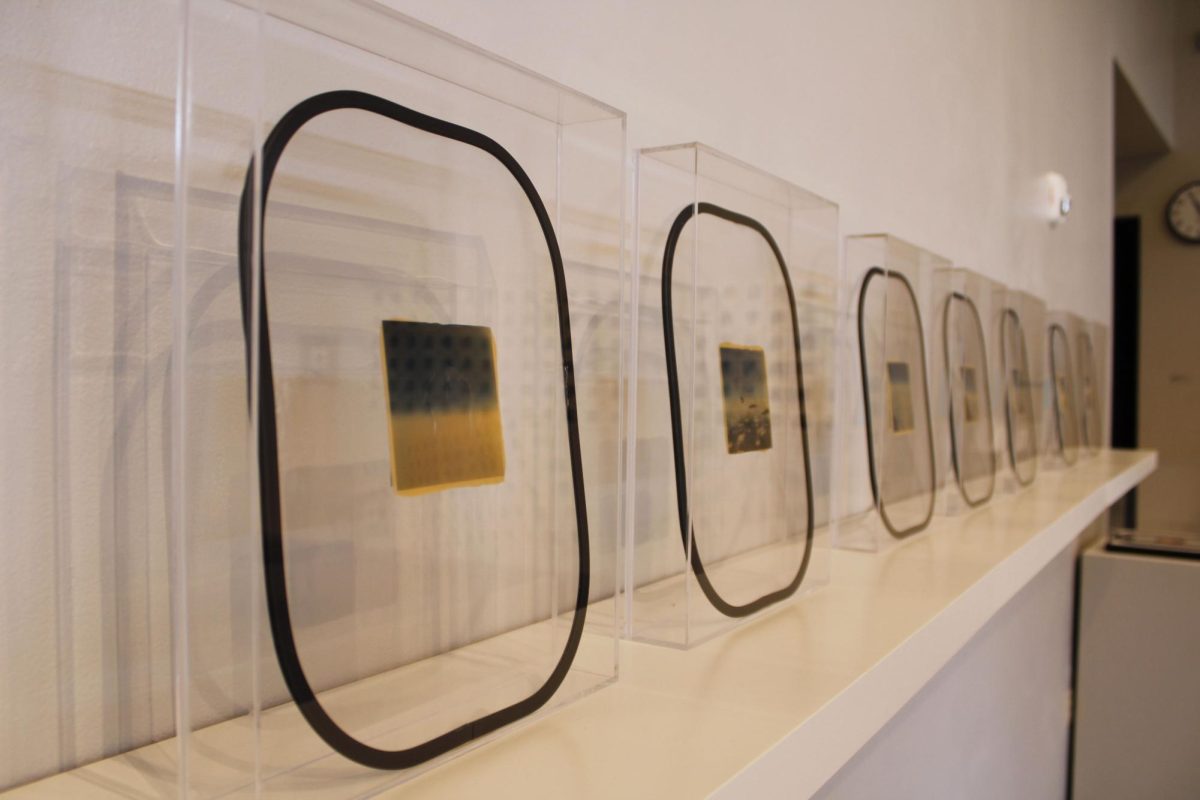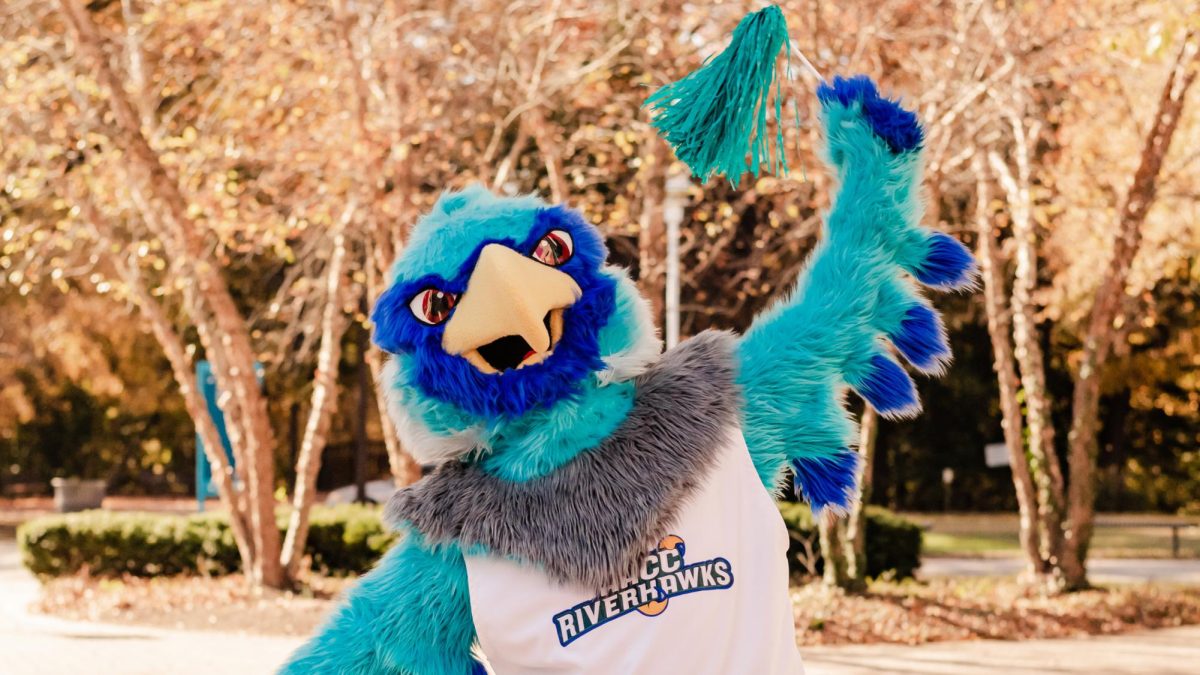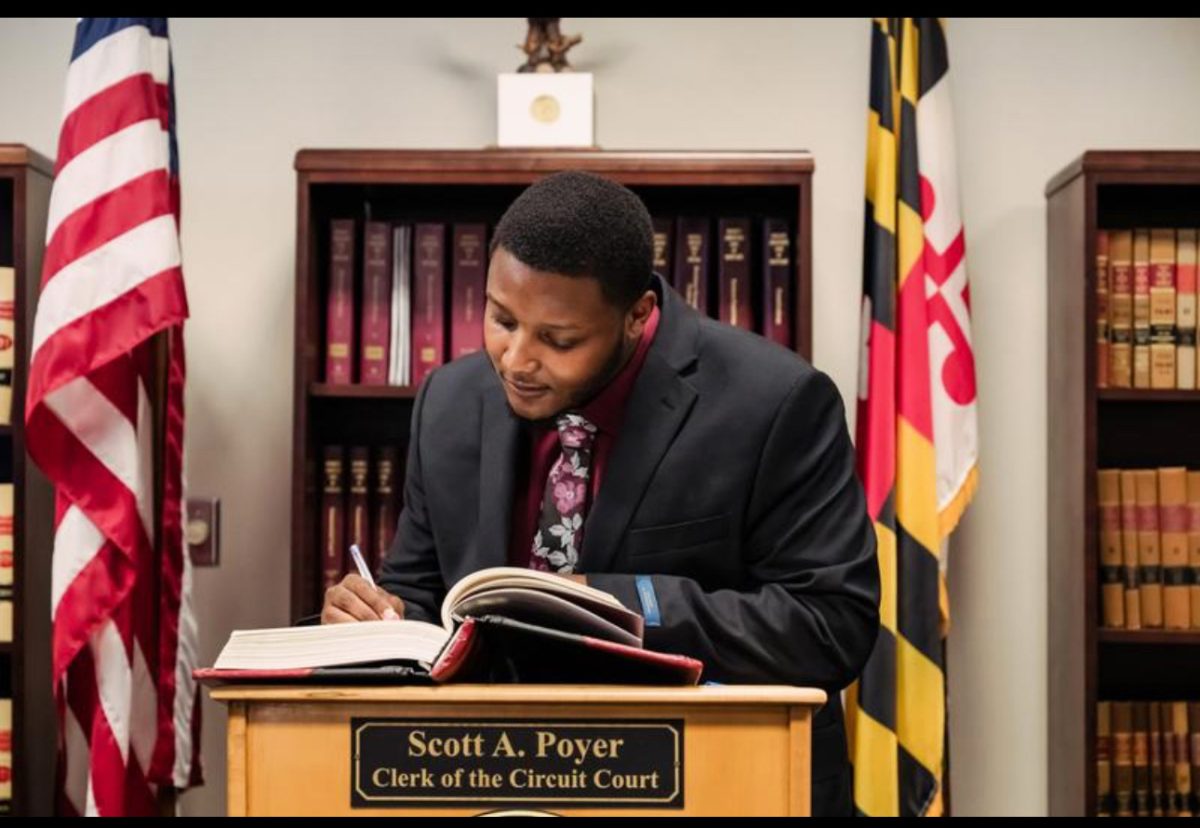A 300-plus-member org- anization of part-time AACC students—mostly older than 60—is celebrating its 20th anniversary this year.
To celebrate the anniversary, the Peer Learning Partnership’s Educational Outreach Committee plans to host a speaker series once a month on Saturdays. Among the invited speakers is Washington Post Senior Editor Craig Timberg.
The PLP also plans to host a dinner at Quiet Waters Park in June.
The PLP began in 2004 when a group of friends had an idea to take turns educating one another on different topics of interest.
“The way it got started was there were a bunch of people that were good friends … who we call the founders or the pioneers,” Mark Evans, the group’s president, said. “And several of them got this great idea that, ‘Hey, you know, we got a lot of smart people in this group. What about if, as peers, we all took turns teaching courses to each other?’”
Another founder, Maggie Brinsley, helped the group become affiliated with AACC.
“She approached the person who was the director of lifelong learning at the time and asked if she would help sort of bring it under the college umbrella as a lifelong learning program while still allowing them to be a self directed learning community,” Terry Portis, AACC’s director of lifelong learning, said.
The group’s members, including a number of former college professors, engineers and other mostly retired professionals, take turns facilitating informal, six- to eight-week non-credit courses in technology, history, writing and a dozen or so other topics each semester.
Part of AACC’s Office of Lifelong Learning, the PLP has a curriculum committee that decides which courses to offer and who should facilitate them.
“There are questionnaires at the end of every course for participants to fill out and suggest courses and there are tons of them that are requested,” Karen Kendra, a PLP member who facilitates writing courses for the group, said.
Participants pay a membership fee of $30 to join PLP and another $33 for each virtual or in-person course they enroll in. Registration is through AACC.
“My philosophy has always been that when you stop learning you stop living and it’s particularly when you retire,” Evans said. “Some people are happy to go out and hit golf balls. I got tired of hitting golf balls. … You just need something more for your brain and your mind.”
Some members participate in PLP to keep their minds active after they have retired.
“When I retired, I was really concerned that I would be the kind of person that sat on a rocking chair, or in front of the computer all day long or watching TV,” David Newman, the director of PLP communications, said. “You have got to get out and be with people.”
Other members take PLP courses to learn about things they didn’t have the time for back then.
“I spent 46 years in nursing and I always loved to write,” Kendra said. “When I finished my career I didn’t know who I was anymore. When I found a place with classes, that was just a wonderful experience to be able to still learn and to learn things that I hadn’t concentrated on before.”



